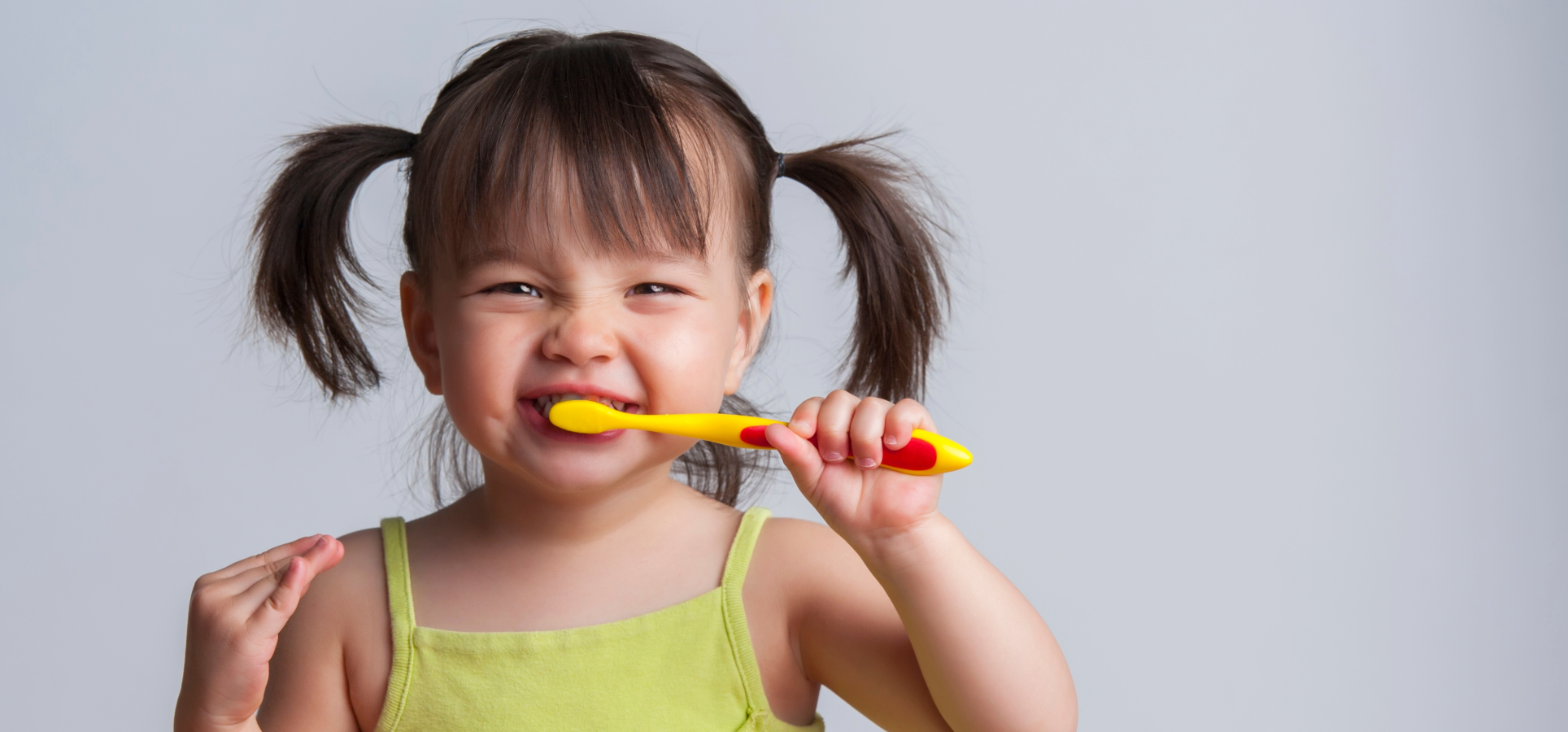
In this blog, we’ve joined forces with Dr Milla Duchovni , Principal Dentist (BDSc), iSmile Dental Practice in Balwyn, to bring you 6 of our combined key tips for good oral health.
Good oral health is essential for good health and wellbeing. Taking care to look after your child’s oral health can not only help their teeth, gums and jaw to develop properly, but can set them up with good oral health routines and habits they’ll keep for years to come.
Include foods of a variety of textures in your child’s diet
- Different textures require the chewing muscles to work in different ways, which helps support their growth & development, just like the rest of your body.
- Exposing children to different textures early on, as this has been shown to reduce the likelihood of children exhibiting fussy eating behaviours later in life.
- Limit sugary snacks and drinks to protect your child’s teeth.
- Consuming high amounts of sugar can lead to tooth decay and cavities. Instead, opt for healthier snacks like fruits, vegetables, and dairy products, which are less harmful to teeth.
- Encourage drinking water instead of sugary drinks to help wash away food particles and reduce the risk of tooth decay.
Offer a small amount of cheese after meals
- Milk and other dairy foods such as cheese and yoghurt contain calcium, phosphorus and the protein casein, which are all anti-decay nutrients that promote strong, healthy teeth.
- Recent research has shown hard cheese to be linked with decreased risk of dental cavities.
- Eating a small piece of cheese after consuming sugary food or drink is recommended to help protect teeth and reduce the risk of tooth decay – this is because cheese helps to stimulate salivary flow which neutralises the acid pH of the mouth following exposure to sugar. Saliva is the body’s natural defence against tooth decay and tooth erosion.
- Crunchy fruits and vegetables like apples, carrots, and celery can act as natural toothbrushes, helping to scrub away plaque and food particles from teeth.
- These foods also stimulate saliva production, which helps to neutralize acids in the mouth and maintain a healthy oral environment.
Fill drink bottles with tap water
- It’s sugar free (naturally!), is not acidic, and contains fluoride in most of Australia to help protect teeth. It’s also incredibly hydrating!
- Make sure that your child isn’t constantly sipping as this can affect saliva and dilute - which can case damage to the enamel - Hydration is key, just keep a watchful eye on the frequency of the sips.
- Milk is also a good choice for a drink, and studies have shown that drinking milk may be good for dental health.
Check the calcium content of plant-based mylks/yoghurts
- Plant-based mylks have become increasing popular in Australia in recent years, with many people choosing them over dairy options. The nutritional profile of different plant-based mylks can vary significantly, including the calcium content.
- Given that dairy foods are the biggest contributor of calcium to our diets in Australia, choosing a plant-based mylk that is fortified with calcium is a good idea to ensure you’re not missing out. Choose ones that contain at least 120mg/100g.
- Read our blog ‘Using food labels to make healthy food choices’ to learn more about how to read food labels.
Develop a tooth care routine
- As well as what you eat and drink, how you care for your teeth each day can have a huge impact on the health of your teeth. Developing a routine that works for you and your family can help to make sure you are caring for your teeth daily, and teaching your children the habits that will stick with them for life.
- A good tooth care routine should include brushing teeth twice per day with a fluoride toothpaste, and arranging regular dental check ups starting when their first teeth come through.
References:
- Recommended Dairy Intake For Children | Dairy Products For Kids - Dairy Australia
- Oral health and dental care in Australia, Introduction - Australian Institute of Health and Welfare (aihw.gov.au)
- Dental health | Healthcare professionals - Dairy Australia
- Advice for children 0-5 years - Healthy Mouths Healthy Living (nsw.gov.au)



Comments (0)
Back to Nutrition & Health